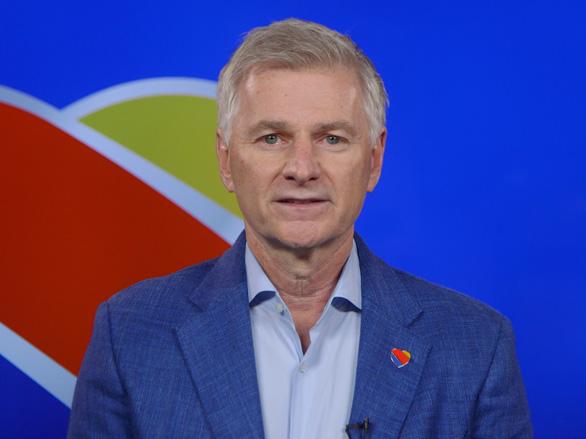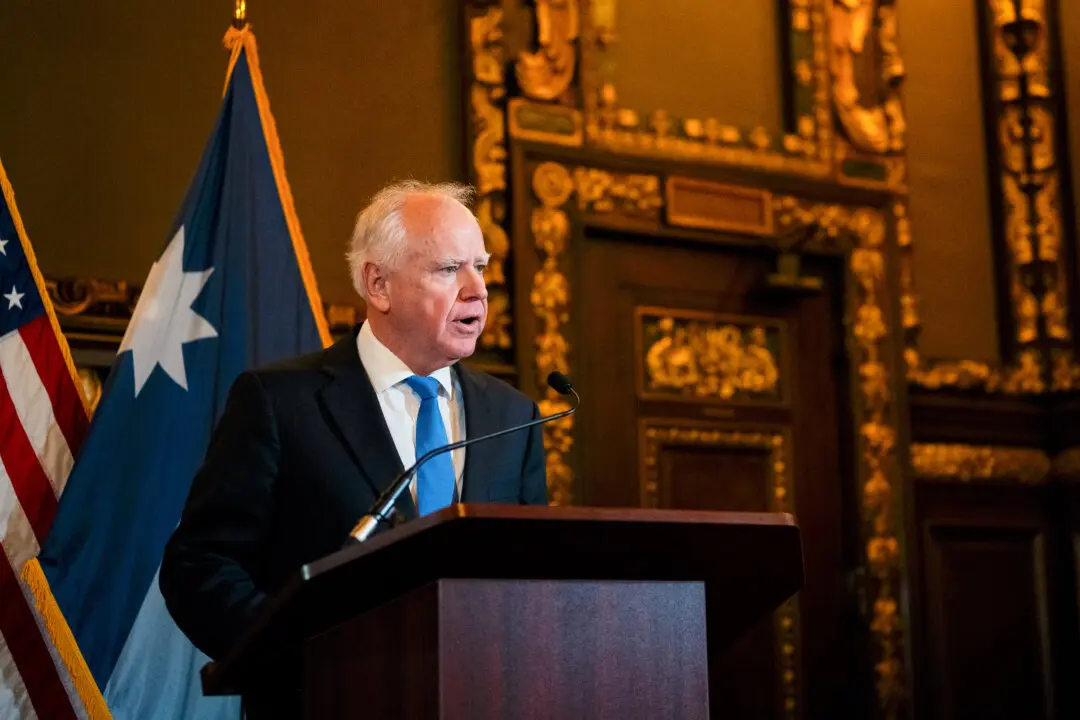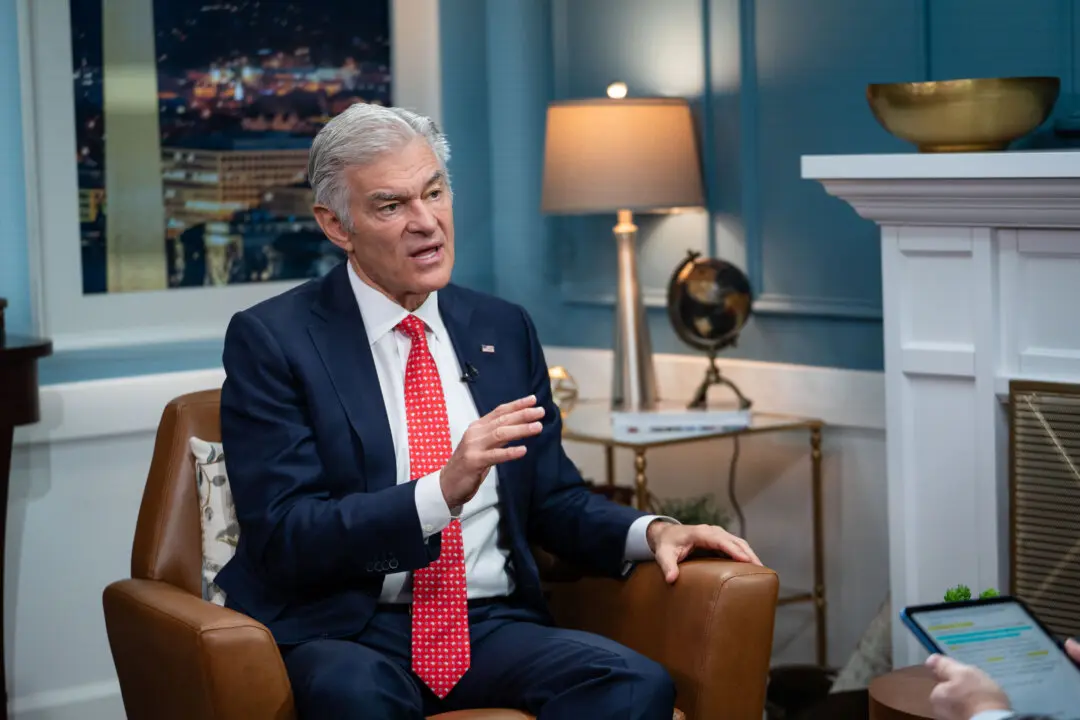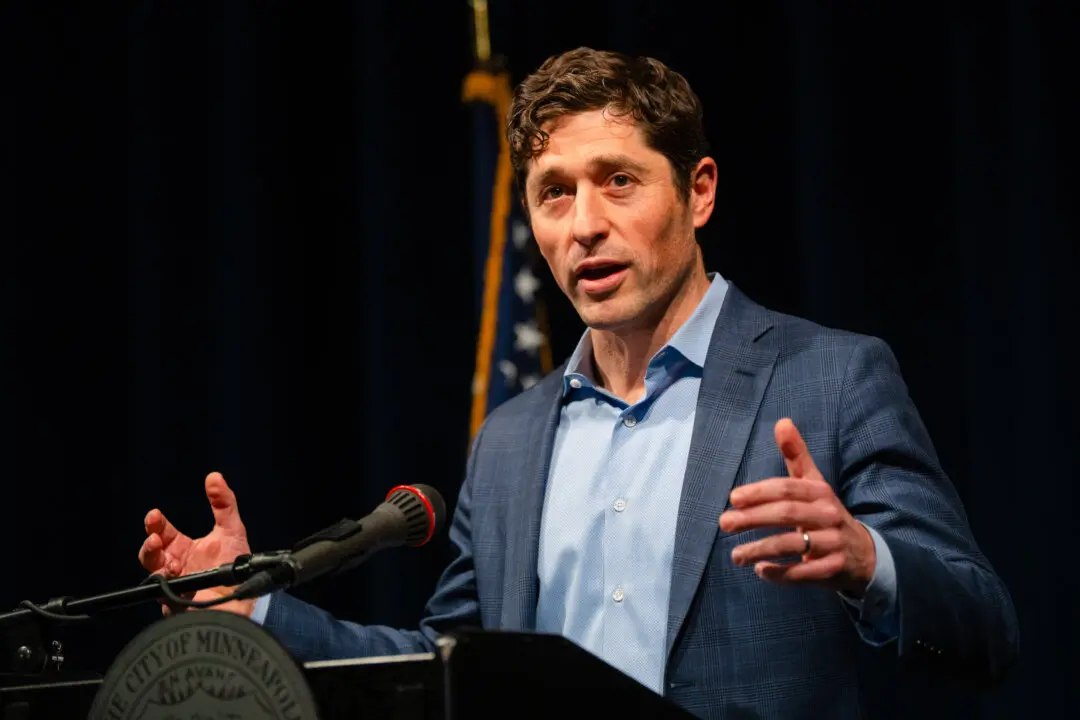Southwest Airlines says it has figured out “the root causes” of its embarrassing and costly December operational meltdown and is taking steps to prevent a repeat of the debacle.
CEO Bob Jordan planned to reveal more information on March 14 at the J.P. Morgan Industrials Conference in New York, according to a statement from the airline; a webcast of his remarks is to be available at www.southwestairlinesinvestorrelations.com, under “events,” the airline said.





